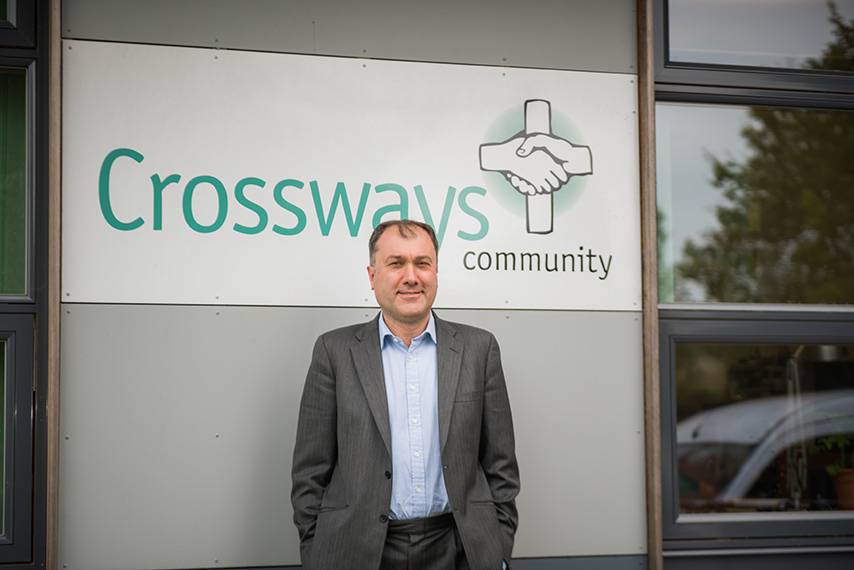One of the great shocks about moving jobs is a new town to work in: working out where to buy the lunchtime sandwich, how far to the nearest cash machine and, of course, the key question, which coffee shop is going to get your custom.
My early forays into Tunbridge Wells revealed a wonderful town: upmarket shops, beautifully laid out parks, clean streets and, oh yes, a different coffee shop for every day of the month. But there was something more. Something about the people who lived and worked here. People seemed prosperous and to be living a good life. But more than that, they also seemed sorted, in control, even driven. A whole town of people not only used to success, but for whom success was expected.
And that success showed itself in lots of different ways: children in high-achieving schools, homes that could grace any Sunday paper supplement, careers (nobody has just a job) that are worthwhile and well-paid and the ability to fundraise, bake a perfect Victoria sponge or read a spreadsheet for a local charity.
But a few months into my time here, I have realised that there is another side to this lovely place. For there is a price to everything. And I am concerned that the price for this success is, in some cases, poor mental health.
We have fantastic schools here but that can mean pressure placed on children as young as seven as they are tutored for the 11 plus exams. Then throughout their school career, that pressure increases as GCSEs and A levels loom. If we’re not careful, we as parents can lose perspective over academic achievement and unintentionally feed our children’s stress. No surprise then that mental health issues are rising in our schools: ten per cent of children in any one year suffer from a diagnosable mental illness. That could be anything from stress, anxiety or depression to panic and self-harm.
But poor mental health is not restricted to the young. Statistically one in four adults will experience mental stress in any one year and there’s no reason to think that statistic does not apply to us in Tunbridge Wells. Stressful careers with a long commute, family and relationship problems, health and ? nancial worries plus an atmosphere which requires us to be successful all increase the likelihood of poor mental health. Among men the statistics get even more frightening: three-quarters of all suicides in 2014 were men.
Shockingly the greatest killer of men under 45 is not car accidents, drugs or knives but suicide.
One of the reasons fuelling poor mental health and talking about it is the stigma surrounding it: the fear of what our family will say, whether our employer will understand, how our friends will react. Added to that is the fear that admitting to a mental health problem may be seen as a sign of failure in a place where success is king.
But we cannot allow this to continue. We and our children deserve better. Because this is not a tale of unremitting gloom. There is help right here in Tunbridge Wells for those who struggle with poor mental health.
And we can each begin to take responsibility for our own mental health. We have to start talking about it so the stigma will start to abate. And that’s especially important for us guys for whom talking about feelings is (to put it mildly) difficult. But let’s try it. So next time you’re having a pint or a ? at white in your favourite watering hole, don’t talk about the performance of your 4×4, your latest recipe involving quinoa or Tarquin’s Grade 8 bassoon exam. Let’s start to talk about what really matters to us and how we really feel.
Let’s start to talk about what success really looks like.
Chris Munday
Crossways Community CEO
All donations to the Christmas appeal will automatically be split between the Times’ three chosen charities.
To give, visit uk.virginmoneygiving.com/TimesofTunbridgeWellsChristmasAppeal








